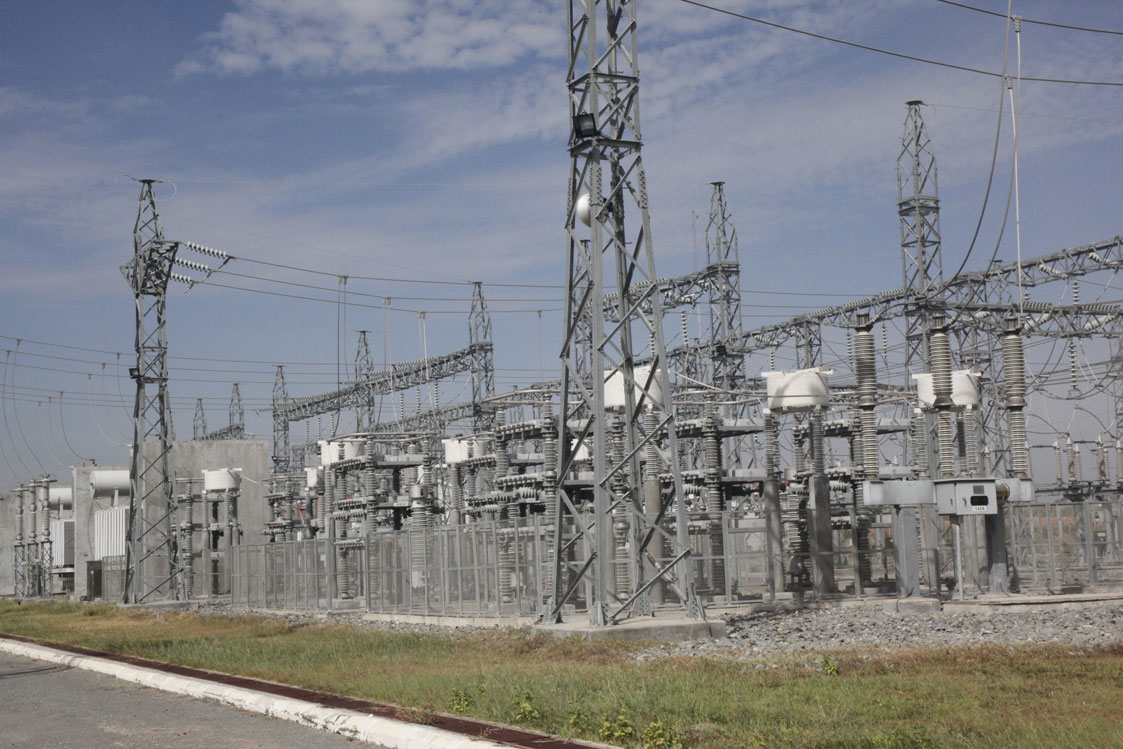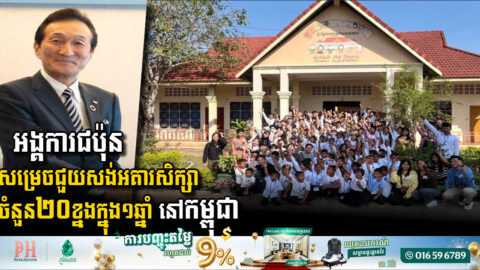School Aid Japan Commits to Build 20 School Buildings Annually in Cambodia
In a significant step towards enhancing educational infrastructure in Cambodia, School Aid Japan has announced its commitment to construct 20 new school buildings each year. This initiative will primarily benefit Cambodian orphans, ensuring they have access to quality education. The announcement was made by MIKI Watanabe, the Director General of School Aid Japan, during a […]
Canada Explores Investment Opportunities in Cambodia’s Public Works and Transport Sector
A Canadian trade mission has recently arrived in Cambodia to explore potential investment opportunities in the nation’s public works and transport sector. This initiative aims to foster collaboration between the two countries, enhancing infrastructure development in Cambodia. On May 29, 2025, His Excellency Peng Po Nea, the Minister of Public Works and Transport, met […]
Germany and Cambodia Strengthen Ties to Enhance Infrastructure Development
In a significant step forward for Cambodia’s industrial growth and international trade, Germany has reaffirmed its commitment to supporting the development of quality infrastructure in the country. This commitment was highlighted during a meeting between HE Hem Vandy, Minister of Industry, Science, Technology, and Innovation, and a delegation from the German National Institute for […]
Japan’s JBIC Eyes Partnership for Major Infrastructure Development in Cambodia
The Japan Bank for International Cooperation (JBIC) has showcased a strong interest in collaborating on significant infrastructure projects in Cambodia. This development was announced following a meeting between Prime Minister Hun Manet and JBIC President and CEO Maeda Tadashi on May 28, 2025. During their discussions, President Maeda emphasized JBIC’s commitment to fostering partnerships with […]
Two Malaysian Firms Eye Investment in Cambodia’s Digital Sector
In a significant move for Cambodia’s burgeoning digital landscape, two prominent Malaysian companies, MMAG Holdings Berhad and NexG Berhad, have expressed their intent to invest in the country’s digital sector. Ongoing discussions are currently taking place between the companies and the Cambodian government to explore potential opportunities. This announcement emerged during a meeting between Prime […]
Ministry of Land Management to Distribute Stamp Duty-Exempt Title Deeds for 800K Plots of Land
In a significant development for landowners across the nation, the Ministry of Land Management, Urban Planning and Construction has announced the distribution of stamp duty-exempt title deeds for approximately 800,000 plots of land to citizens. This initiative, facilitated through the Capital-Provincial Administration and the Department of Land Management, Urban Planning, Construction, and Cadastre, aims to […]



 ខ្មែរ
ខ្មែរ







